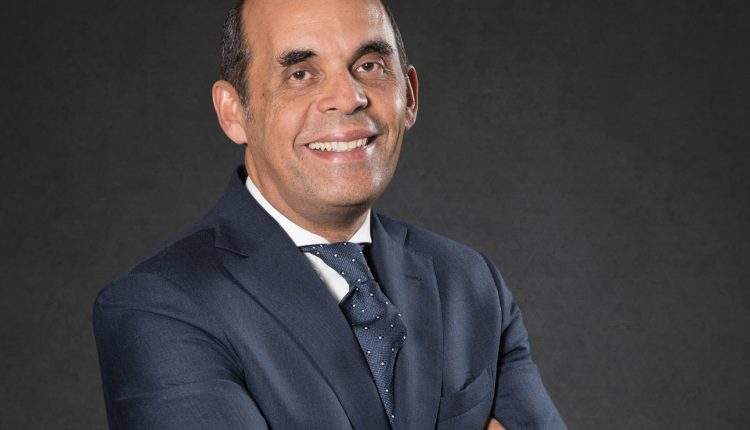Egypt’s economy remains resilient amid global challenges – Tarek Fayed
Tarek Fayed, Chairman of Banque du Caire, said on Sunday that the Central Bank of Egypt‘s (CBE) recent decisions are aimed to unify the foreign exchange rate, eliminate the parallel market, control inflation, and achieve price stability in the medium and long terms.
“The Egyptian central bank raised interest rates by 600 basis points last week to combat inflation. This would attract more foreign investments, including remittances from Egyptians expatriates, to support sustainable economic growth, debt sustainability, and strong reserves,” Fayed added.
Fayed emphasised the importance of targeting inflation as a top priority for the central bank, adding that high inflation rates impede economic growth and deter investors by reducing profitability and eroding savings.
He added that maintaining low inflation and reducing interest rates can help achieve price stability, resulting in actual positive returns, a favourable environment for investment, and sustainable growth. This, in turn, supports the private sector’s contribution to economic growth.
Fayed also noted that high interest rates have negligible impact on investors, as the main component of the cost is production cost rather than financing cost.
Banque du Caire experienced a notable increase in daily foreign currency inflows after the central bank’s decisions, sourced from various entities including the public and private sectors, individuals, export companies, investors, and remittances.
He also assured that the bank is satisfying all dollar demand promptly and has released all stalled goods stalled.
Moody’s shifts Egypt’s credit outlook from negative to positive
Fayed welcomed Moody’s positive revision of Egypt’s credit rating outlook to CAA1, citing it as a vote of confidence in the country’s economic management during challenging times. He highlighted the Egyptian economy’s resilience and strength in overcoming global and local crises.
Fayed noted that the adjustment reflects the positive impact of recent measures, including central bank decisions and an increased IMF loan of $8 billion, up from $3 billion, along with $1.2 billion from the World Bank’s Sustainable Development Fund.
He also mentioned that the inflows of foreign currency, including a $35 billion deal to develop Ras El Hekma and the conversion of Emirati deposits into foreign direct investment, have also played a significant role.
Egyptian economy outlook
Fayed anticipates positive outcomes from these indicators, such as an improved credit rating for Egypt and its recognition by various credit rating agencies in the near future.
This is expected to bolster foreign investors’ trust in Egyptian investments like Eurobonds, facilitating foreign currency borrowing at favourable rates. Moreover, there will be a surge in interest in local currency debt investments, leading to more foreign currency inflows and bolstering the local currency.
Furthermore, attracting more foreign direct investment will stimulate production, employment, and exports.
In response to recent central bank directives, Banque du Caire has adjusted credit card limits in foreign currency by increasing international limits based on card type. It also raised international limits for online purchases made from within Egypt in accordance with the CBE’s regulations, Fayed concluded.


